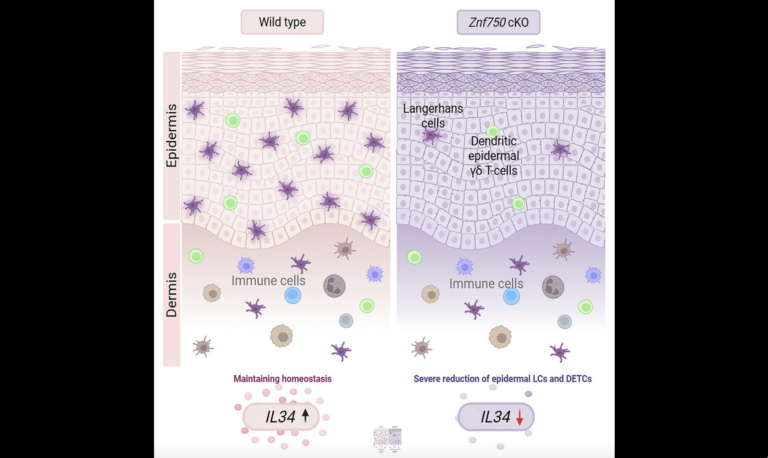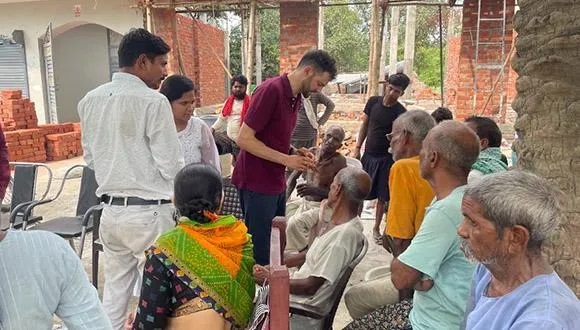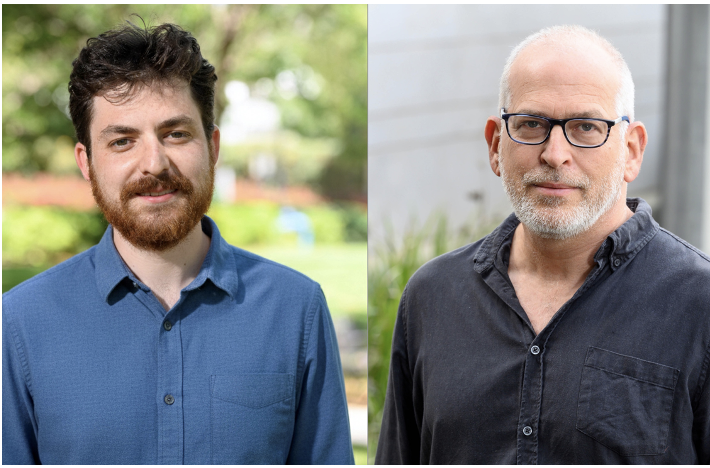BGU, États-Unis, Allemagne : des ciseaux moléculaires pour lutter contre les bactéries résistantes aux antibiotiques

[:fr]
Les bactéries résistantes aux antibiotiques sont une menace imminente, augurant le moment où nos médicaments ne seront plus efficaces contre les infections courantes. Les hôpitaux font déjà face à des infections bactériennes résistantes aux traitements. Conscients de la menace et sortant des sentiers battus, des scientifiques de l’Université Ben Gourion du Néguev et des collègues allemands et américains ont mis au point une paire de «ciseaux moléculaires» pour détruire le biofilm qui entoure et protège les bactéries virulentes après leur entrée dans le corps.
L’équipe, dirigée par le Pr Raz Jelinek du Département de chimie et son doctorant Ravit Malishev, a testé leurs pinces moléculaires sur la bactérie Staphylococcus aureus (Staph). Les infections à staphylocoques ont un taux de mortalité estimé aux États-Unis de plus de 25%, et jusqu’à 40% pour les souches résistantes aux médicaments. Les chercheurs ont développé deux pinces spécifiques qui se lient et perturbent la formation du biofilm ou cassent les biofilms existants.
«Notre découverte empêche l’infection sans développer de résistance aux antibiotiques. Il faudrait construire des traitements basés sur des ciseaux moléculaires plutôt que sur des antibiotiques», déclare le Pr Jelinek, qui est également vice-président de la recherche et du développement de l’Université Ben-Gurion et membre de l’Institut Ilse Katz pour la science et la technologie à l’échelle nanométrique. «Surtout, attacher les pinces au biofilm perturbe ses capacités de protection. En conséquence, les agents pathogènes bactériens deviennent, d’une part, beaucoup moins virulents pour le corps humain et, d’autre part, plus vulnérables à l’élimination par le système immunitaire ».
Les autres chercheurs comprenaient : Orit Malka du Département de chimie de BGU ; Dr. Sofiya Kolusheva de l’Institut Ilse Katz pour la science et la technologie à l’échelle nanométrique à BGU ; Nir Salinas et le Pr Meytal Landau du Département de biologie, Institut de technologie Technion-Israël, Landau est également membre du Laboratoire européen de biologie moléculaire (EMBL), à Hambourg, en Allemagne; James Gibson, Angela Bailey Eden et le Pr Chunyu Wang du Center for Biotechnology and Interdisciplinary Studies, Département des sciences biologiques, Rensselaer Polytechnic Institute, Troy, New York; Joel Mieres-Perez, Yasser B. Ruiz-Blanco et le professeur Elsa Sanchez-Garcia du Département de biochimie computationnelle, Université de Duisburg-Essen à Essen, Allemagne; Prof. Frank-Gerrit Klärner et Prof. Thomas Schrader de la Faculté de chimie, Université de Duisburg-Essen, Essen, Allemagne et Prof. Gal Bitan du Département de neurologie, École de médecine David Geffen, Institut de recherche sur le cerveau et biologie moléculaire Institut, Université de Californie, Los Angeles.
Cette recherche était soutenue par le German Research Foundation, le Boehringer Ingelheim Foundation, et le NIH/NIA grants R01AG050721 et RF1AG054000.
[:en]
Antibiotic resistant bacteria are a looming super threat – heralding a time when our drugs will no longer be effective against prevalent infections. Hospitals are already coping with treatment-resistant bacterial infections. Cognizant of the threat and thinking outside the box, Ben-Gurion University of the Negev scientists and German and American colleagues have developed a pair of “molecular tweezers” to destroy the biofilm that surrounds and protects virulent bacteria after entering the body.
The team, led by Department of Chemistry Prof. Raz Jelinek, and his PhD student Ravit Malishev, tested their molecular tweezers on the Staphylococcus aureus (Staph) bacteria. Staph infections have an estimated mortality rate in the US of over 25%, and as much as 40% for drug-resistant strains. The researchers developed two specific tweezers that bind and either disrupt biofilm formation or break existing biofilms.
« Our discovery prevents infection without building up antibiotic resistance. As such, it might even be preferable to construct treatments based on molecular tweezers rather than antibiotics, » says Prof. Jelinek, who is also Ben-Gurion University’s Vice President of Research & Development and a member of the Ilse Katz Institute for Nanoscale Science and Technology. “Importantly, binding the tweezers to the biofilm disrupts its protective capabilities. In consequence, the bacterial pathogens become, on the one hand, much less virulent to the human body, and, on the other hand, more vulnerable to elimination by the immune system.”
Additional researchers include: Orit Malka of BGU’s Department of Chemistry; Dr. Sofiya Kolusheva of the Ilse Katz Institute for Nanoscale Science and Technology at BGU ; Nir Salinas and Prof. Meytal Landau of the Department of Biology, Technion-Israel Institute of Technology, Landau is also a member of the European Molecular Biology Laboratory (EMBL), in Hamburg, Germany; James Gibson, Angela Bailey Eden, and Prof. Chunyu Wang of the Center for Biotechnology and Interdisciplinary Studies, Department of Biological Sciences, Rensselaer Polytechnic Institute, Troy, New York; Joel Mieres-Perez, Yasser B. Ruiz-Blanco, and Prof. Elsa Sanchez-Garcia of the Department of Computational Biochemistry, University of Duisburg-Essen in Essen, Germany; Prof. Frank-Gerrit Klärner and Prof. Thomas Schrader of the Faculty of Chemistry, University of Duisburg-Essen, Essen, Germany and Prof. Gal Bitan of the Department of Neurology, David Geffen School of Medicine, Brain Research Institute, and Molecular Biology Institute, University of California, Los Angeles.
This research was supported by the German Research Foundation, the Boehringer Ingelheim Foundation, and NIH/NIA grants R01AG050721 and RF1AG054000.
Ben-Gurion University of the Negev (BGU) is the fastest growing research university in Israel. With 20,000 students, 6,000 staff and faculty members, and three campuses in Beer-Sheva, Sde Boker and Eilat, BGU is an agent of change, fulfilling the vision of David Ben-Gurion, Israel’s legendary first prime minister, who envisaged the future of Israel emerging from the Negev.
The University is at the heart of Beer-Sheva’s transformation into an innovation district, where leading multinational corporations and start-ups eagerly leverage BGU’s expertise to generate innovative R&D. BGU effects change, locally, regionally and internationally. With faculties in Engineering Sciences; Health Sciences; Natural Sciences; Humanities and Social Sciences; Business and Management; and Desert Studies, the University is a recognized national and global leader in many fields, actively encouraging multi-disciplinary collaborations with government and industry, and nurturing entrepreneurship and innovation in all its forms. BGU is also a university with a conscience, active both on the frontiers of science and in the community. Over a third of our students participate in one of the world’s most developed community action programs.
For more information, visit the BGU website
Their findings were published recently in Cell Chemical Biology
[:]







